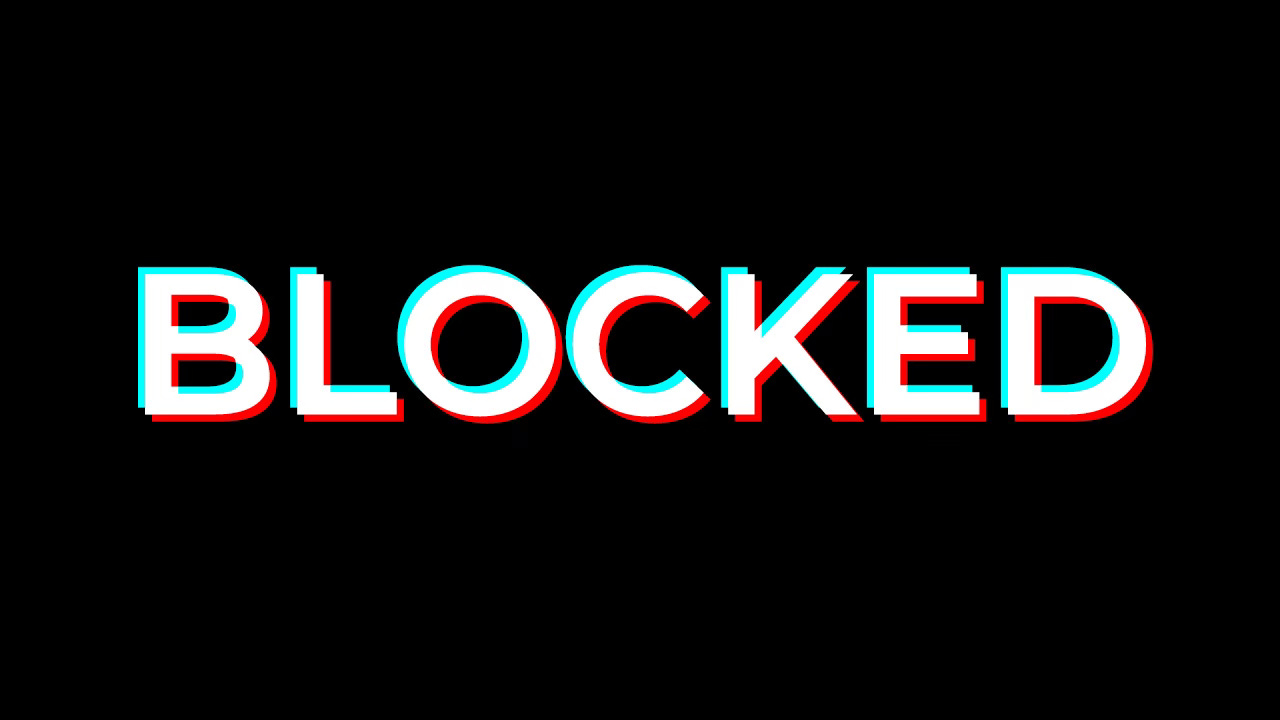Britain should ban TikTok
My uncharacteristically illiberal opinion
How can AI fix the government? Tickets are still available to my February event with Alexander Iosad, Director of Government Innovation Policy at the Tony Blair Institute! Come along and find out how we can practically use AI to improve public services and the way the government works!
By the time you’re reading this, who knows what the situation will be with TikTok?
As we’ve seen over the last few days, the question of whether to ban the app is a very live issue in the United States.
Last year, Congress passed a law mandating a ban, and it came into force two days ago, because Chinese owner ByteDance refused to sell the app to an American company.
But now the company has received a reprieve from Trump, who has delayed the ban by 75 days.
At this point, it’s hard to tell exactly how it will play out in America, but regardless, the debate has also bled over to Britain, though we do not currently have our own ban on the horizon.
“We have no plans right now to ban TikTok from the UK,” said Darren Jones, Chief Secretary on Sunday with Laura Kuenssberg. He added that “for consumers who want to post videos of their cats or dancing… that doesn’t seem like a national security threat to me.”
I found this reaction a little too dismissive, because contrary to the government, I do unironically think TikTok – and the dancing videos, and the cats – are a national security issue.
In fact, I find myself in a strangely hawkish and illiberal position. I think we should ban TikTok over here too, because there is only one, very specific argument that matters.
Bad Arguments
Let’s start with the arguments that don’t matter. What’s annoying about the TikTok discourse is that participants on both sides of the debate seem very keen on making points that are maddeningly irrelevant. In fact, some of the arguments in favour of a ban are actually really bad.
Keep reading with a 7-day free trial
Subscribe to Odds and Ends of History to keep reading this post and get 7 days of free access to the full post archives.



